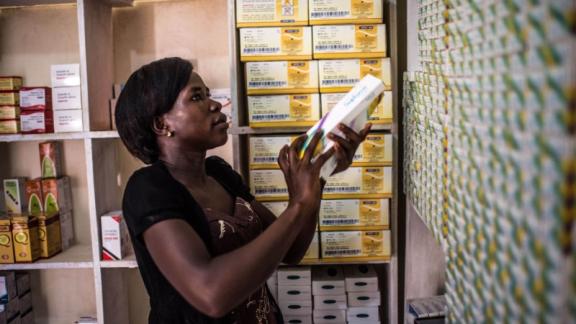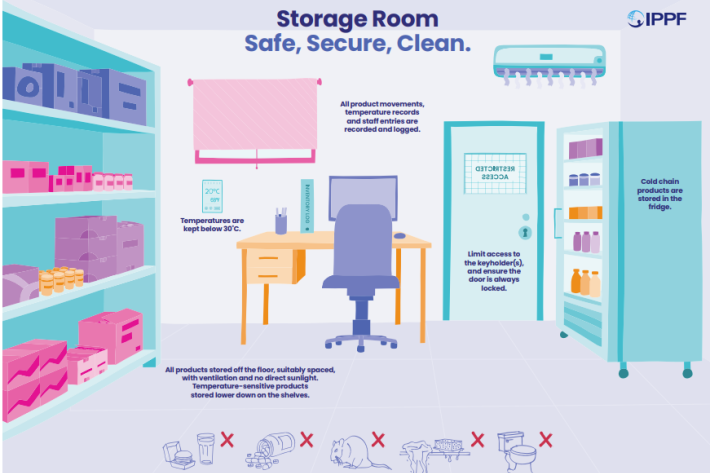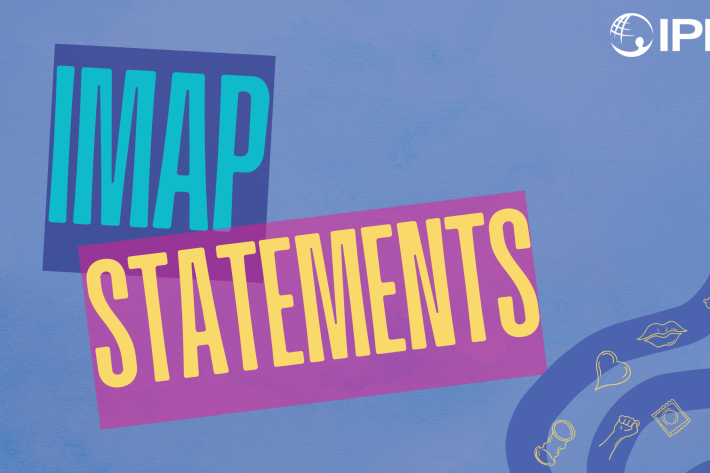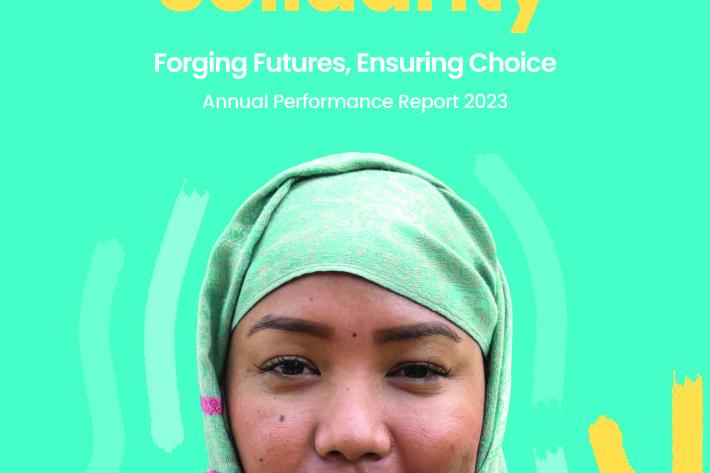Spotlight
A selection of resources from across the Federation
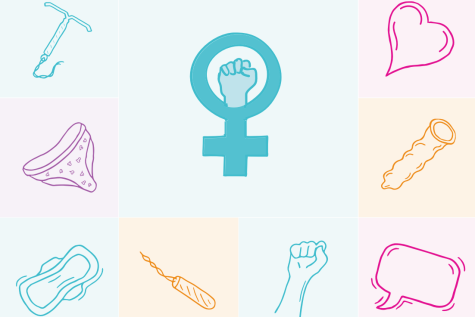
Technical Brief: Designing and Delivering Inclusive, Rights-Based Sexual and Reproductive Healthcare to Transgender and Gender Diverse People
This technical brief outlines key recommendations across several sexual and reproductive health service areas to promote access to inclusive care for transgender and gender diverse people.
Filter our resources by:

| 22 November 2017
How to report on abortion - A guide for journalists, editors and media outlets
The way abortion is presented in the media can have a major influence on a person's opinion on abortion. This guide has been written for those working in the media to encourage accurate reporting of the facts about abortion, and honest portrayals of abortion as part of real people’s lives and relationships. Produced in collaboration with the International Campaign for Women’s Right to Safe Abortion.
| 27 September 2017
Make abortion safe. Make abortion legal.
Around the world women and girls are forced to turn to unsafe abortion methods due to lack of access to safe abortion methods, abortion stigma and restrictive laws.

| 12 June 2017
Watch: Tips on how to educate about abortion
This short video provides useful tips to people who want to educate others about abortion, including ideas on how to create a safe and respectful space for discussion, how to present facts and how to make your session practical. Read our guide for more information: Voir cette vidéo en français Ver el video en español Using these resources? Let us know how!

| 12 June 2017
Watch: Tips on how to talk about abortion
This short video (also available in French and Spanish) provides useful tips about what to consider when developing materials relating to abortion, including how to use rights-based messages and how to avoid using stigmatizing language and images.

| 31 May 2017
Safe Abortion Action Fund in Uganda
Safe abortion is heavily restricted in Uganda, yet gender inequality and sexual violence are widespread. Hosted by IPPF, the Safe Abortion Action Fund is helping vulnerable women to turn their lives around. People are learning about safe abortion and fewer girls are dying. Community attitudes have been transformed and social stigma has started to give way to human rights and understanding. Read the success stories and meet the people behind the scenes
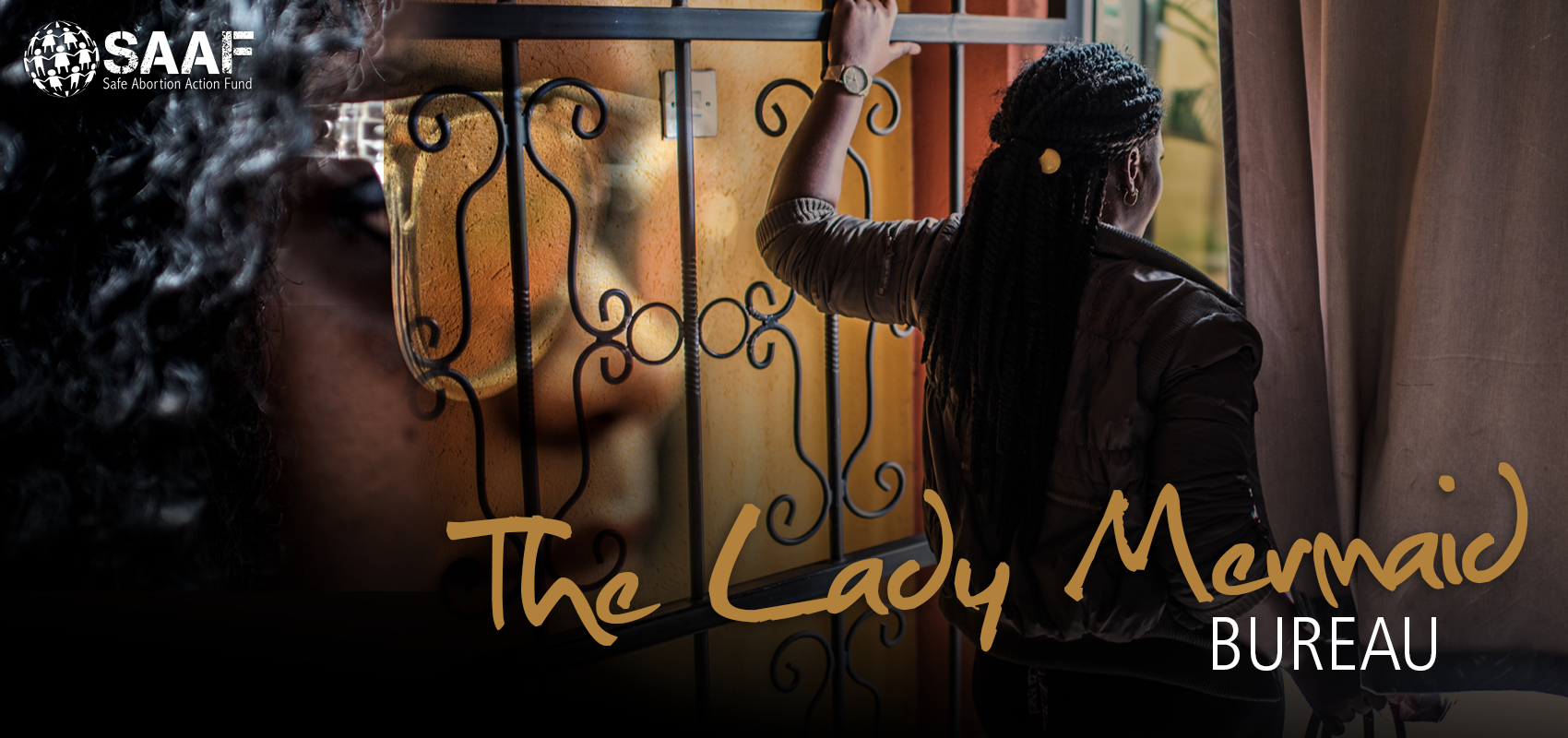
| 23 May 2017
Sex workers in Uganda: fighting violence and inequality
In Uganda, 42% of all pregnancies each year are unintended. The country's weak economy is exacerbated by high levels of gender inequality and poor access to jobs for women. Many women who turn to sex work are at risk of abuse and often rape. Abortion is heavily restricted in Uganda and clandestine safe services are very costly. This results in further poverty for many sex workers and sometimes unplanned pregnancies or even death from unsafe abortion. View the project and meet the women who are turning their lives around
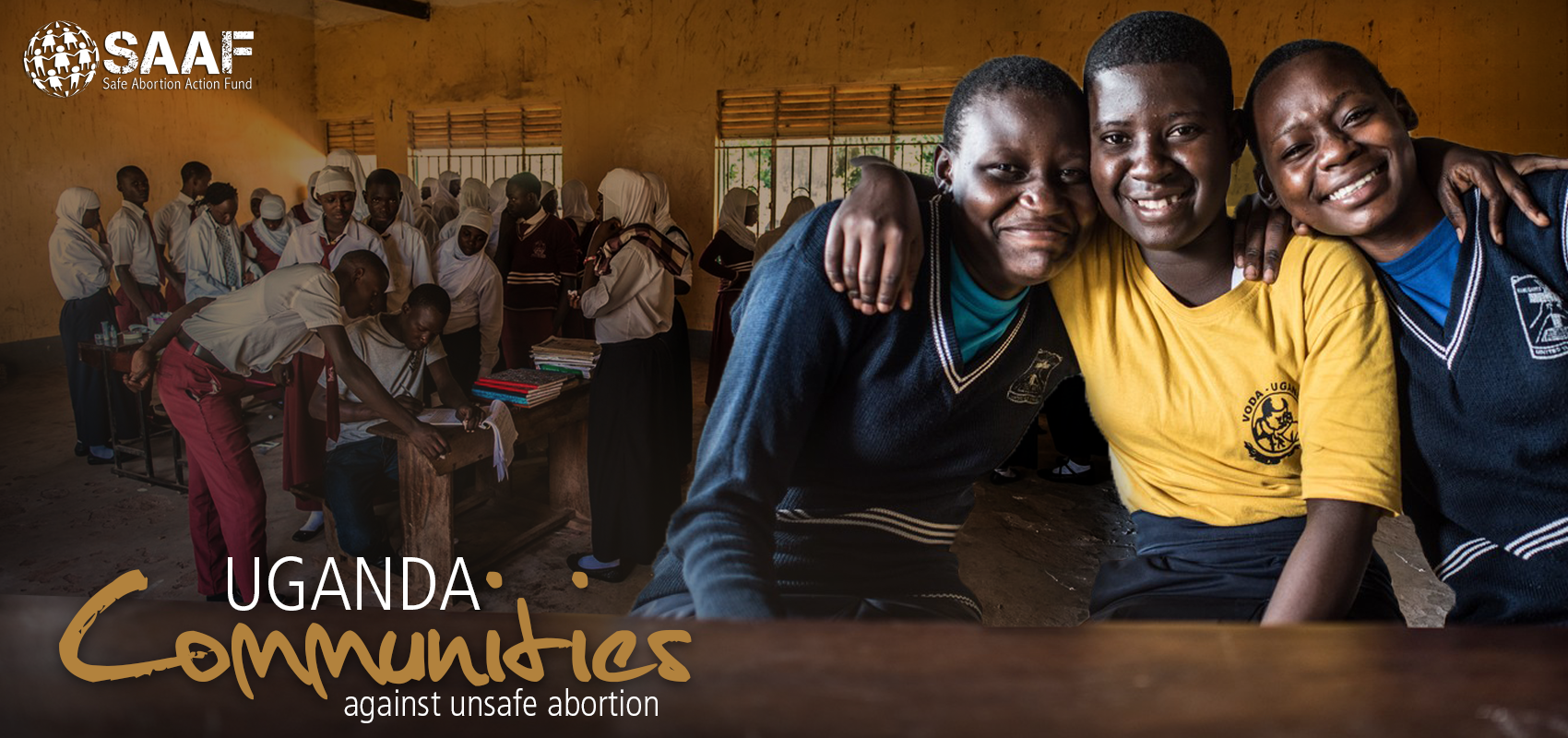
| 23 May 2017
Ugandan communities against unsafe abortions
Rural communities in Uganda have a high prevalence rate of gender inequality, sexual abuse and incest. There is little provision of sexual and reproductive health services and abortion is highly restricted. The Safe Abortion Action Fund, hosted by IPPF, is financing the grassroots organization, VODA, to empower young people as changemakers in their schools and communities. With training and support, peer educators have been educating friends about sexual and reproductive health, and local health providers are serving women in need. Death from unsafe abortion was once a widespread problem but through the power of peer education, these have almost disappeared and community attitudes towards safe abortion has been transformed. View the project and meet the school communities making change

| 03 May 2017
Providing access to safe abortion and sexual health services for sex workers
Many sex workers in Uganda end up having unwanted pregnancies often resorting to unsafe abortions. There are many myths and misconceptions about contraception as well as a lack of access. This issue was one of the reasons why Lady Mermaid's Bureau (LMB), a sex workers rights organisation from Kampala, decided to apply for a grant from the Safe Abortion Action Fund (SAAF) in 2013. Founded in 2002 by a group of former sex workers, the Lady Mermaid's Bureau, the first organization of its kind in the region, works to prevent and reduce unsafe abortions amongst sex workers in Uganda and campaigns to decriminalize abortion and sex work. The Safe Abortion Action Fund (SAAF) which is hosted by IPPF was set up in 2006 in order to support grass-roots organisations to increase access to safe abortion. Photography © IPPF/Tommy Trenchard
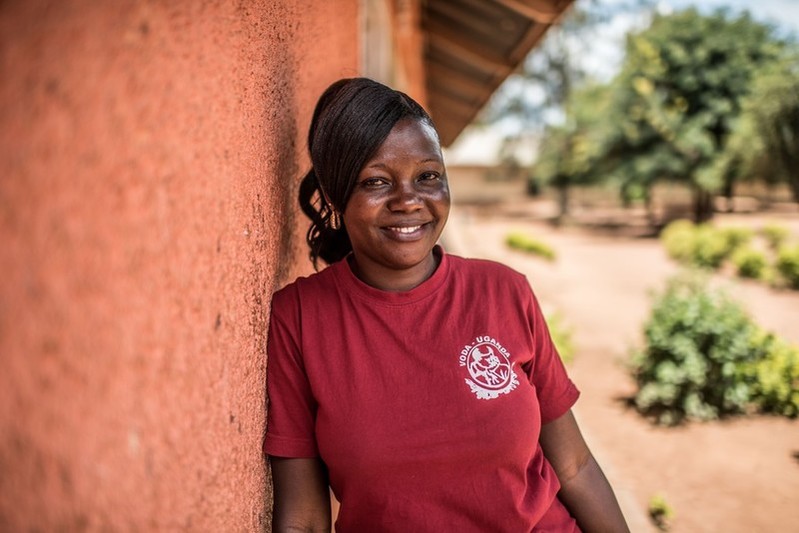
| 03 May 2017
Changing perceptions about abortion in rural Uganda
In the three years since the VODA Uganda project started there have been some incredible results. The project has brought about changes in perceptions about abortion in the community and schools, bringing community leaders and health workers on board, explaining the problems of unsafe abortion and directing girls and women to post-abortion care services. VODA (volunteers of development assistance) is a local, grassroots project funded by the Safe Abortion Action Fund (SAAF). The Safe Abortion Action Fund (SAAF) which is hosted by IPPF, was set up in 2006 in order to support grass-roots organisations to increase access to safe abortion. Photography © IPPF/Tommy Trenchard
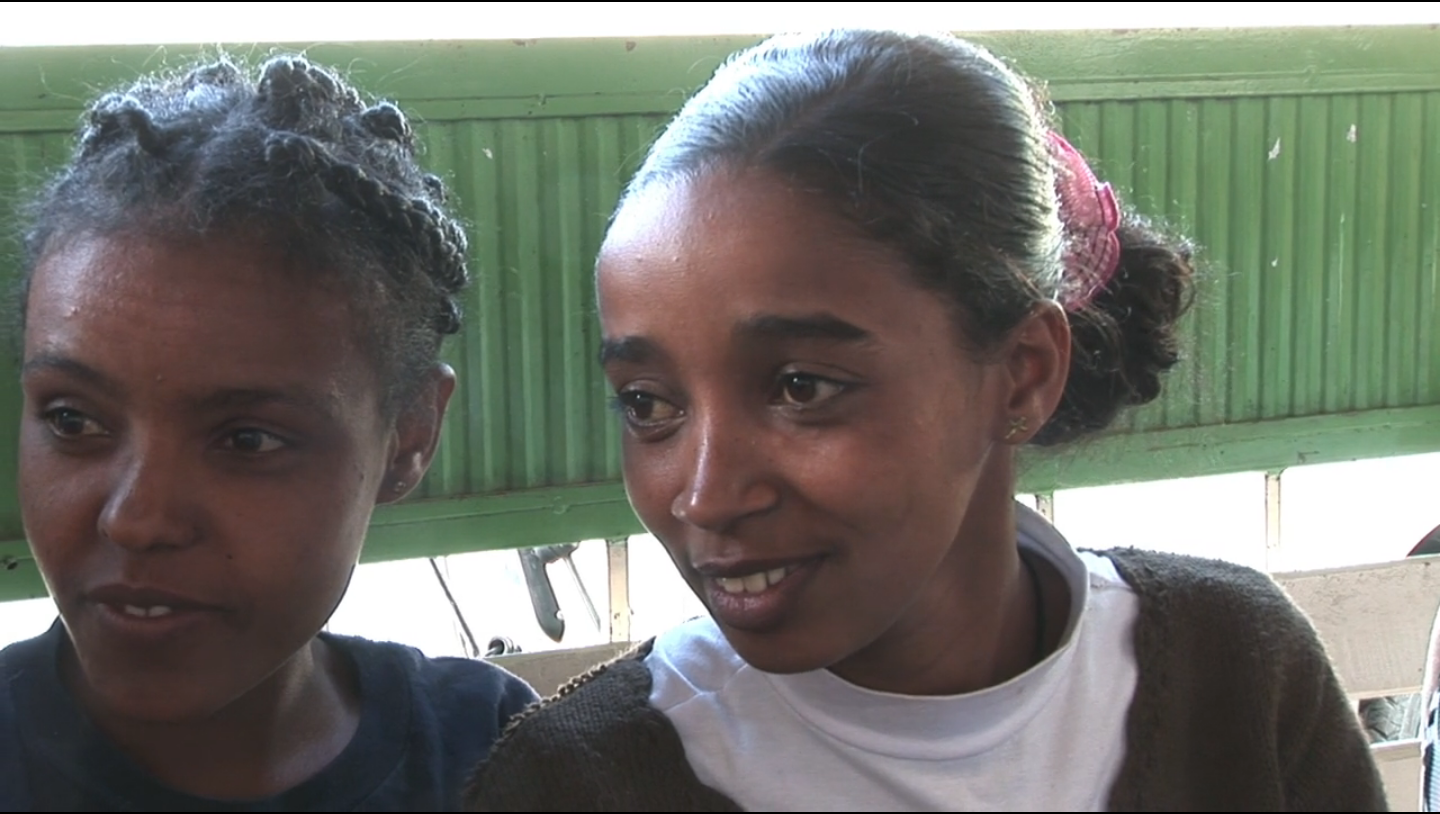
| 11 April 2017
IPPF at the She Decides Conference, Brussels, 2017
In response to President Trump's reinstatement of the Global Gag Rule 50 countries and leading civil society organizations rallied together. The aim of the She Decides Conference was for these governments to reaffirm their commitments to sexual and reproductive health and rights. These are human rights which are now at risk around the world because the Global Gag Rule blocks critical USAID funding to health organizations like IPPF. IPPF is losing $100m in funding from USAID which means programs to deliver life-saving health services will be jeopardised. With increased commitments from other leading governments around the world, civil society organizations like IPPF can continue to provide the access to service and information that millions of women need.







